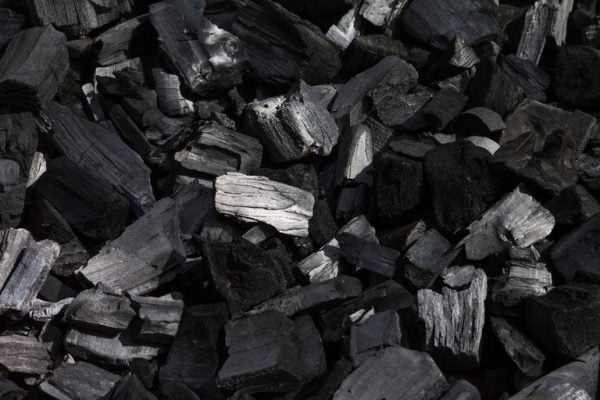FutureCoal welcomes the International Energy Agency’s (IEA) 2024 Coal Outlook findings, which confirm coal’s enduring role in the global energy landscape. Global coal demand reached historic levels in 2024, underlining its essential role in energy security, economic growth, and industrial development.
Key findings from the report include:
- Global coal demand is expected to grow by 1% in 2024 to an all-time high of 8.77 billion tonnes (Bt).
- Electricity generation from coal is set to reach an all-time high of 10,700 terawatt-hours (TWh) in 2024.
- Global coal production is forecasted to surpass 9 Bt for the first time in history.
- Since 2020, the global coal market has grown by more than 1.2 billion tonnes.
“Coal will continue to stay—it is the bedrock for over 100 countries,” said Michelle Manook, Chief Executive at FutureCoal. “This report underscores coal’s vital role in driving economies, creating jobs, and fuelling industrial growth. Nations like China, India, and emerging economies like Indonesia and Vietnam are harnessing coal for growth and self-sufficiency.”
“More importantly, coal supports heavy manufacturing, allowing regions like Europe to help afford new capital spending on so-called clean energy transition products such as electric vehicles, solar PV and wind turbines—or at least their essential components.”
China’s coal demand is expected to grow by 1% to reach 4.9 Bt in 2024, and India’s coal demand is projected to grow by over 5%, reaching 1.3 Bt. Emerging economies such as Indonesia and Vietnam also drive demand to support economic development.
“Coal is central to decarbonisation when paired with proven abatement technologies,” Manook stated. “Our Sustainable Coal Stewardship roadmap shows how coal can reduce emissions, enhance economic growth, and ensure environmental responsibility. It’s time for global stakeholders like the IEA to acknowledge coal’s transformative role.”
To sustain coal’s future responsibly, FutureCoal calls for increased investment in abatement technologies and balanced, fair policies supporting coal innovation.
“Technologies today can abate up to 99% of emissions while boosting efficiency, without the need for massive new infrastructure or overreliance on critical minerals,” said Manook. “A level playing field in regulations and finance, backed by fair government and media support, will drive investment to modernise coal abatement technologies and de-risk assets that will operate for decades”, Manook concluded.




